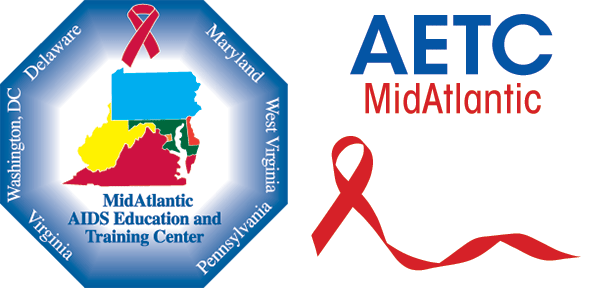Effective Education Methods to Educate Health Care Professionals
• Use evidence-based education methods with proven efficacy to impact clinical care
• Employ innovative methods to identify needs of target audiences
• Disseminate best education practices to improve health care provider knowledge and skills
• Ensure clinical and content experts who are skilled trainers
Support Workforce Development
• Educate health care professionals from various disciplines
• Marshall resources from academic medical centers who contribute in-kind services and expertise
• Engages HIV and other clinical experts for integration into training programs
• Disseminate cutting-edge, evidence-based information
• Focus on each point in the HIV care continuum to minimize morbidity and mortality
• Maintain clinically competent patient care treatment teams through training, consultation and technical assistance
• Respond rapidly to emerging needs of health care professionals based upon epidemiology, the health care system, research findings, and trends.
• Provide coordinated responses to these needs
• Facilitate practice change through clinical training
Build Capacity
• Facilitate change in health care systems
• Bring national expertise to regional and local care systems
• Mobilize community health centers and primary care facilities
• Respond rapidly to local and state emerging needs
• Provide coordinated responses to address unmet needs
• Identify and reach out to underserved communities needing training
Evaluate Progress
• Coordinate impact and evaluation efforts of training and consultation
• Develop methods to capture and analyze data that reflect outcomes of AETC education and capacity building activities
• Conduct continuous quality improvement of AETC programs, processes to improve efficiency and decrease operating costs
Quick Links
MAAETC Program Brochures:
